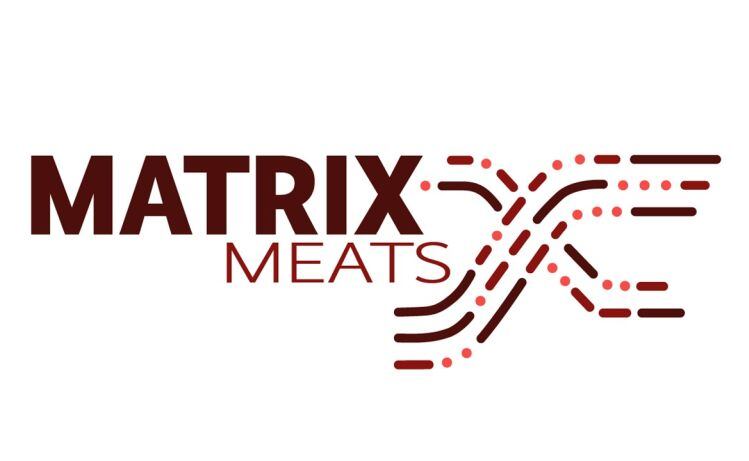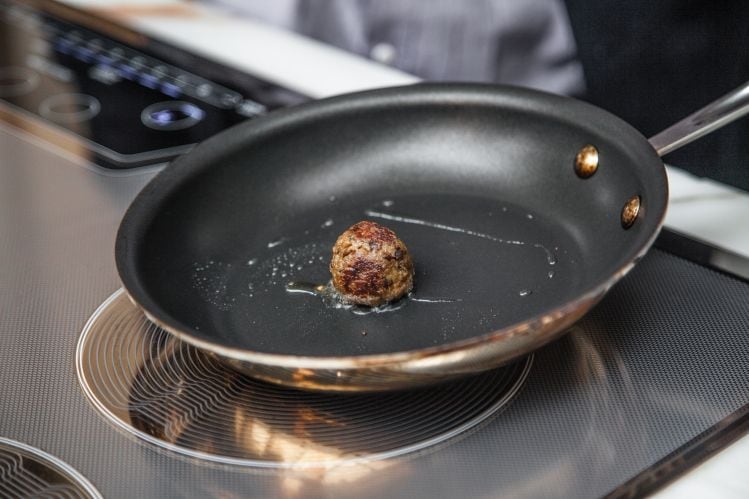The labeling of food from cultured seafood cells (except catfish) is in the FDA’s remit, while the labeling of food from cultured meat and poultry cells is in the USDA’s remit. However, the agencies are developing joint principles for labeling and claims to ensure consistency.
In the request (the deadline for comments in March 8, 2021), the FDA asks stakeholders questions such as:
- What terms should be in the name or statement of identity?
- Should the name or statement of identity inform consumers about how the animal cells were produced?
- Do these names... clearly distinguish the foods from conventionally produced seafood?
- If the terms ‘culture’ or ‘cultured’ are used, would labeling differentiation be necessary to distinguish these products from other foods where such terms are used such as ‘aquaculture’?
USDA has not yet invited public comment on the labeling of cell-cultured meat & poultry but is expected to do so in due course, Brian Sylvester, special counsel at law firm Covington & Burling LLP, told FoodNavigator-USA.
“It is reasonable to expect that USDA will ultimately put out a similar request and will collaborate with FDA on reviewing stakeholder input.”
As for when we can expect a final decision on cultured seafood labeling, he said: “It's too early to anticipate a precise timeline for FDA's decision-making... The first step will be for FDA to gather and analyze the requested data and information, while concurrently aligning on key principles with USDA's Food Safety and Inspection Service.
“We can then expect to hear from FDA on whether it would like additional stakeholder input in the form of a public meeting and/or written comments.”
Cell-cultured, cultivated, slaughter-free, cell-based, clean, lab-grown, synthetic, fake…
When it comes to terminology, opinions among key stakeholders vary, with some startups favoring ‘cell-based’ or ‘cell-cultured,’ and others favoring ‘cultivated’ or ‘slaughter-free.’ ‘Clean meat/seafood’ is still used by some commentators although it carries the tacit implication that the regular stuff is dirty.
Other terms such as ‘fake meat/seafood’ and ‘synthetic/artificial meat/seafood’ are more typically deployed by opponents of the technology although many media outlets still use the moniker ‘lab-grown’ given that it serves as a quick shorthand to distinguish the products from meat harvested from slaughtered animals.
According to consumer research conducted by Dr Bill Hallman at Rutgers University and funded by cell-based seafood startup BlueNalu, 'cell-based’ – while not perfect – may be the best common or usual name to describe seafood grown from animal cells on food labels.
While there have been several consumer studies testing nomenclature for this new category, none have thus far rigorously examined whether – without help or additional information - consumers reading said terms on a food label could distinguish them from conventional products already on the market, a key requirement for coming up with a common or usual name.
‘Cultivated’ – a term that resonated the most with consumers in research conducted by Mattson with the Good Food Institute last year – performed particularly poorly in this respect, he said: “More than half [of consumers surveyed] assumed it meant farm-raised.”
In fact, he said, “'Cultured,' 'Produced Using Cellular Aquaculture,' and 'Cultivated' fail to differentiate these products from conventional seafood.”
In contrast, he added: “’Cell-Based’ and ‘Cell-Cultured’ both do a good job of signaling that the product is different from both ‘Wild Caught’ and ‘Farm Raised.’”
Attorney: 'The success of this sector will turn, in large measure, on the nomenclature used'
While some commentators will likely continue to refer to meat grown outside animals as ‘fake’ or ‘lab-grown’ regardless of the name regulators ultimately require firms to use on labels, finding a term that is both accurate and neutral will be critical to the success of the industry, said Sylvester at Covington & Burling, speaking to us in August.
"Labeling ties in critically to consumer perception and so the success of this sector will turn, in large measure, on the nomenclature used."
Elizabeth Derbes, associate director of regulatory affairs at The Good Food Institute (GFI) – which favors the term ‘cultivated’ for cell-cultured meat, poultry, and seafood, said:
"FDA hasn't indicated that it intends to do a formal rulemaking on the labeling of cultivated seafood products, but the information it has requested in this RFI should help it to formulate guidance for companies as they plan to bring their products to market."
Product safety
When it comes to product safety, cell-cultured seafood remains under the sole jurisdiction of the FDA; while the FDA will work together with the USDA to oversee cell-cultured meat and poultry using existing regulatory frameworks.
Under a joint agreement announced in March 2019, the FDA will oversee cell collection, cell banks, and cell growth and differentiation, with a transition to FSIS (USDA) oversight to occur during the cell harvest stage. FSIS will then oversee the production and labeling of foods derived from these cells,




